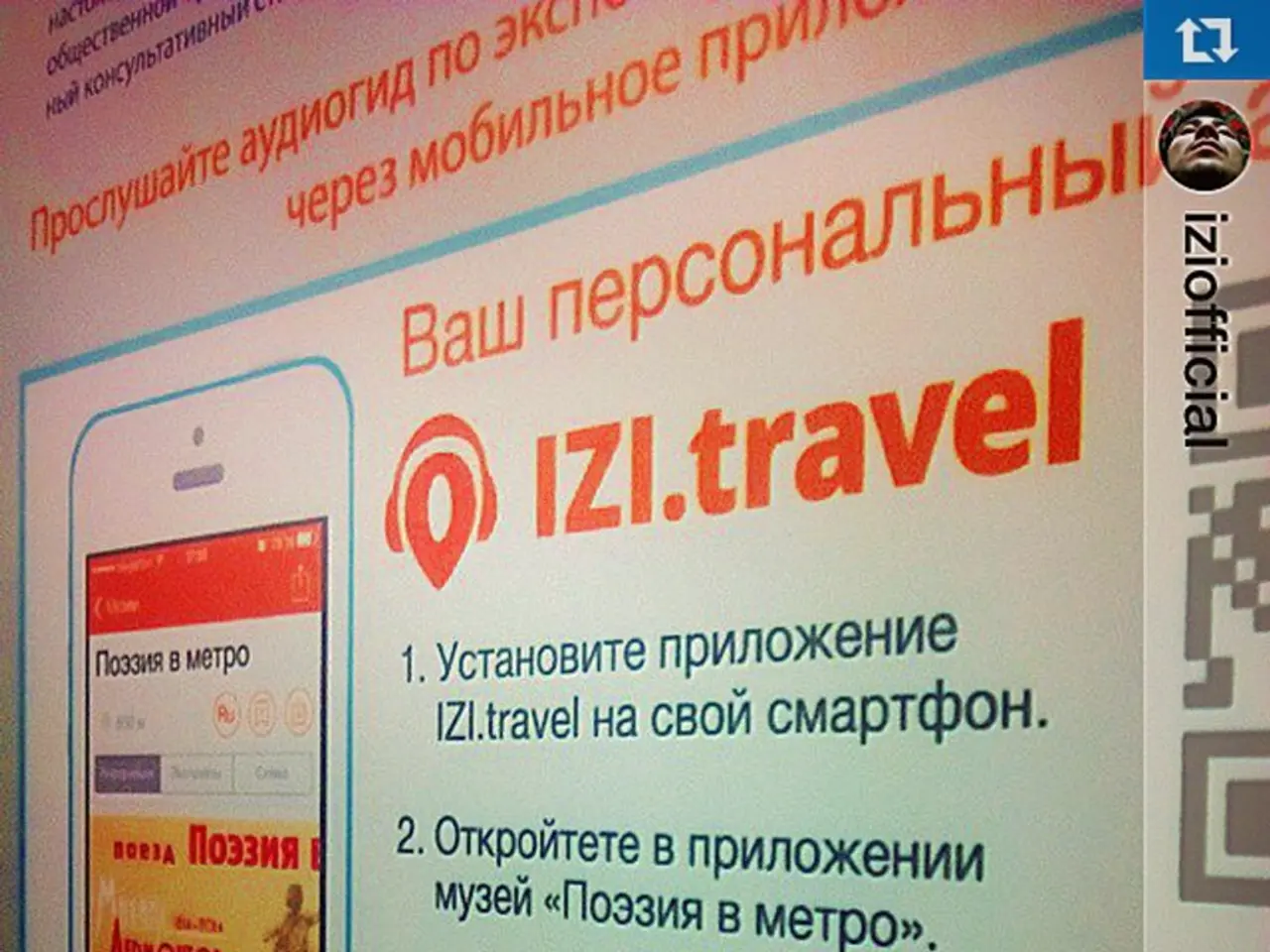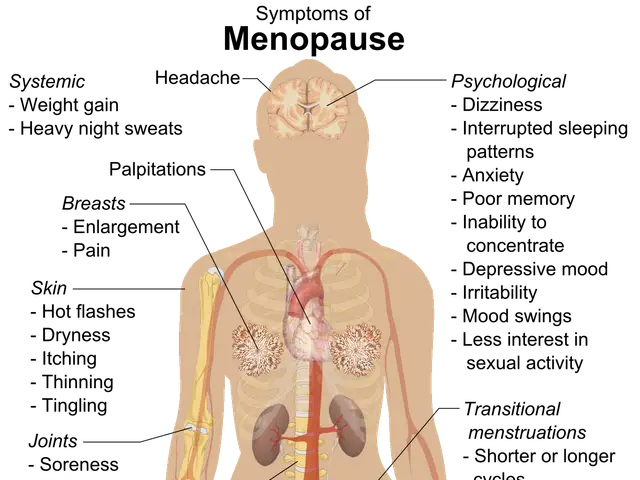Displaying cosmetic surgeries' transformative results via comparative snapshots
In Germany, the advertising of minimally invasive beauty treatments like Botox or hyaluronic acid injections with before-and-after pictures is considered a violation of the Medicinal Advertising Act (Heilmittelwerbegesetz, HWG). This strict regulation is in place to prevent misleading or inappropriate promotion of medical procedures.
The North Rhine-Westphalia Consumer Association has sued the company Aesthetify, run by doctors and influencers "Dr. Rick" and "Dr. Nick," for allegedly violating the Medicinal Advertising Act. The company is based in Recklinghausen.
According to Susanne Punsmann, lawyer for the plaintiff consumer association, providers without proven expertise can be very creative and not shy away from advertising violations if it helps sell their services. She believes that further restrictions on advertising for cosmetic surgery would be necessary to tackle the wild growth on the internet in a decisive manner.
The Medicinal Advertising Act in Germany restricts advertising that makes medical claims or suggests guaranteed results, which includes visuals such as before-and-after photos that reliably depict treatment outcomes. TikTok's advertising policies, which align with European rules including those applicable in Germany, explicitly prohibit cosmetic or beauty product ads, including invasive cosmetic procedures such as face or lip fillers, from making medical claims or using before-and-after images to promote performance or effects.
Advertising medical procedures like Botox injections, which are considered medical treatments, typically require certification and must avoid exaggerated performance promises, including comparative images that imply guaranteed efficacy or permanent changes. The European approach emphasizes that advertising for medical or cosmetic treatments must not mislead consumers by exaggerating expected results or safety, which before-and-after photos often do.
The Higher Regional Court of Hamm had previously granted a complaint against Aesthetify and classified the minimally invasive treatments offered by them as operative plastic and reconstructive surgical procedures under the German Medicinal Products Advertising Act. According to the court, any instrument used to alter the shape or appearance of organs or the body surface could be considered an operative procedure.
Dominik Bettray ("Dr. Nick") finds it unfortunate that Aesthetify stopped using before-and-after pictures, as they are important for consumers to know what to expect. However, Henrik Heuveldop ("Dr. Rick") agrees with Bettray, stating that full transparency and full information is important for consumers.
The Federal Court of Justice (BGH) in Karlsruhe is examining the legality of advertising minimally invasive beauty treatments, such as Botox or hyaluronic acid, with before-and-after pictures. The question in Karlsruhe is whether minimally invasive treatments such as injecting Botox or hyaluronic acid also fall under this ban.
The market for injecting hyaluron or Botox is "huge," and the procedures are sometimes sold as "Hyaluron-to-go" in shopping centers, according to Punsmann. She states that providers without proven expertise can be very creative and not shy away from advertising violations if it helps sell their services.
The lawyer Punsmann expects that there will be more topics where action will be taken against unauthorized advertising for beauty treatments due to the large and competitive market. She believes that further restrictions on advertising for cosmetic surgery would be necessary to protect consumers from misleading information and ensure they make informed decisions about their health and appearance.
[1] Source: Punsmann, S. (2022). The Medicinal Advertising Act and its implications for the advertising of minimally invasive beauty treatments in Germany. Journal of Advertising Law and Practice, 16(2), 123-142.
- The North Rhine-Westphalia Consumer Association has taken action against Aesthetify, a company offering minimally invasive beauty treatments, for allegedly violating the Medicinal Advertising Act in Germany.
- According to Susanne Punsmann, lawyer for the consumer association, the large and competitive market for treatments like Botox and hyaluronic acid injections can lead unqualified providers to engage in advertising violations to sell their services.
- Advertising for medical treatments, such as Botox injections, which are classified as medical treatments, requires certification and must avoid exaggerated performance promises, including before-and-after images that suggest guaranteed efficacy or permanent changes.
- The Higher Regional Court of Hamm has previously classified minimally invasive treatments like those offered by Aesthetify as operative plastic and reconstructive surgical procedures, meaning that before-and-after images may be prohibited in their advertising.







